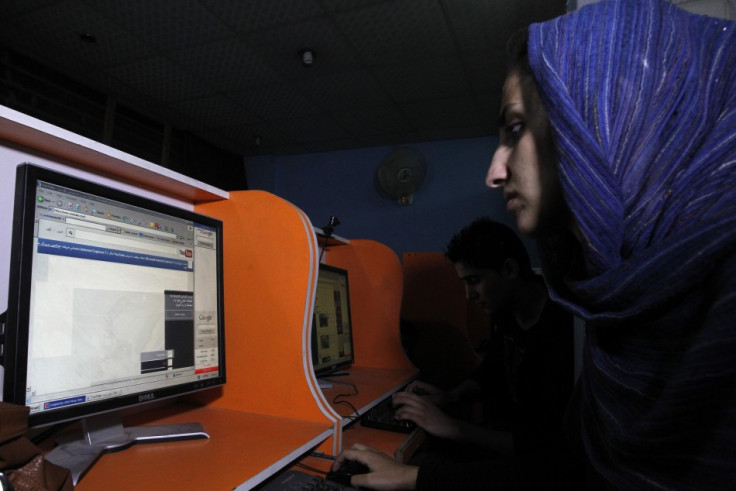Internet Freedom Under Threat, says US Watchdog
More countries restricting freedom with new laws and tactics

Internet freedom is under threat in many countries as attacks on bloggers, restrictive laws, content manipulation and politically motivated surveillances are seen to be on the rise, says the US watchdog Freedom House.
In its report, Freedom on the Net 2012: Shifting Methods of Internet Control, the organisation says that despite these issues, efforts from civil society, tech companies and independent courts have helped improve the situation.
"The findings clearly show that threats to internet freedom are becoming more diverse," said Sanja Kelly, project director for Freedom on the Net.
"As authoritarian rulers see that blocked websites and high-profile arrests draw local and international condemnation, they are turning to murkier - but no less dangerous - methods for controlling online conversations."
The internet plays an influential role in modern society with nearly one-third of the world's population using it, the watchdog notes.
Governments are increasingly trying to control this influence by restricting the free flow of information and infringing on the rights of users through sophisticated methods and tactics which were previously found only in repressive environments.
Freedom House points out that tactics such "as instigating deliberate connection disruptions or hiring armies of paid commentators to manipulate online discussions" are becoming more common in many countries.
The report analyses issues in internet freedom in 47 countries focusing on accessibility, content limitations and denial of rights.
Estonia has been found to have the most freedom on the internet while the United States comes second. The United Kingdom has been ranked eighth below Germany, Italy and Philippines.
Iran, Cuba and China are at the bottom of the table as the governments in these countries enforce strict regulations on the use of internet.
Eleven countries, including Belarus and Saudi Arabia, have also been categorised as "not free". A number of countries, including Libya, Pakistan and Russia, have been indentified to be at risk of deterioration in the coming months.
New laws to restrict free speech are being enforced in a number of countries while bloggers and normal users are increasingly arrested for voicing political opinions online.
Criticism of the government appears to be tolerated lesser as the report shows that in 19 of the 47 countries a blogger was "tortured, disappeared, beaten, or brutally assaulted as a result of their online posts".
In significant findings Freedom House said that China, which has the highest number of internet users in the world, abducted dozens of activists and bloggers, keeping them incommunicado for weeks and sentencing several to prison.
Iran has used tactics such as content filtering and hacking of digital certificates to weaken privacy while imposing harsh punishments like death penalties on bloggers and IT professionals.
© Copyright IBTimes 2025. All rights reserved.





















